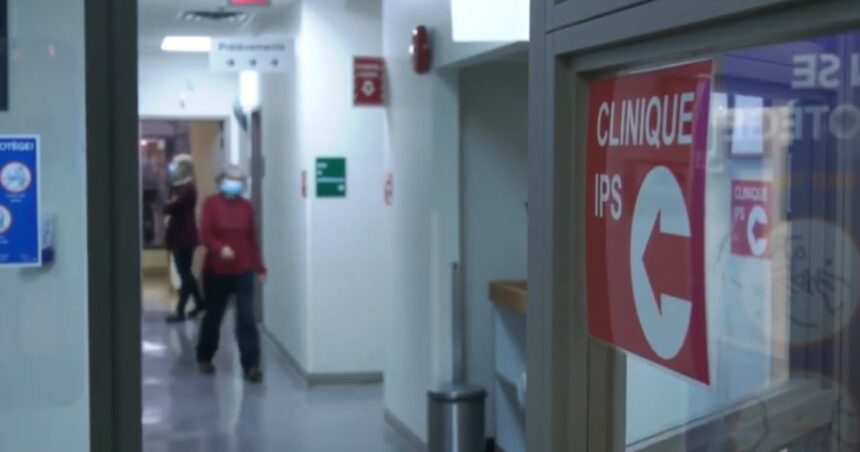The standoff between Quebec’s family physicians and the provincial government intensified yesterday when the Fédération des médecins omnipraticiens du Québec (FMOQ) overwhelmingly rejected the government’s latest contract proposal. During an extraordinary virtual assembly attended by over 3,000 doctors, an astonishing 99% voted against the offer, sending a clear message to Health Minister Christian Dubé.
As I walked through my Plateau-Mont-Royal neighborhood this morning, I couldn’t help but notice the worried expressions on people’s faces at the local café. “My doctor might leave,” confided Marie, a 67-year-old retiree stirring her coffee anxiously. “Where will I go if she does?”
Her concerns aren’t unfounded. Nearly 860,000 Quebecers still lack a family doctor, and this rejection could prolong their wait. Dr. Marc-André Amyot, president of the FMOQ, didn’t mince words when explaining the physicians’ position: “The government’s proposal completely fails to address the crushing administrative burden that’s driving doctors away from family practice.”
The rejected offer included a modest 6.1% salary increase over four years but contained what many doctors described as “punitive measures” that would require them to take on more patients without addressing their workload challenges.
“We’re already working 50-60 hour weeks,” Dr. Sophie Tremblay told me when I contacted her at her clinic in NDG. “Adding more patient requirements without fixing the system isn’t a solution – it’s a recipe for burnout.”
What’s particularly striking about this rejection is its timing – coming just as the winter respiratory illness season approaches, when clinic demands typically surge. At Clinique Médica on Sherbrooke Street, the waiting room was already packed yesterday afternoon, with patients waiting up to three hours to see a physician.
The impact on Montreal could be particularly severe. Our city already faces some of the longest wait times for family medicine in the province, with the Montreal Children’s Hospital recently reporting a 12-hour average emergency wait time – double what it was last year.
Premier François Legault expressed disappointment with the doctors’ decision but vowed negotiations would continue. “Access to family medicine remains our priority,” he stated at a press conference in Quebec City. However, his comments about doctors needing to “do their fair share” sparked immediate backlash from the medical community.
Dr. Amyot countered that family doctors already provide over 20 million patient services annually despite increasingly challenging conditions. The FMOQ has proposed alternative solutions, including expanded roles for nurse practitioners, reduced paperwork, and modernized electronic medical systems.
At McGill University Health Centre, Dr. Samuel Bélanger, who has practiced family medicine for 22 years, expressed frustration with how the negotiations are being portrayed. “The government makes it sound like we’re just asking for more money. What we’re really fighting for is a sustainable system where we can provide quality care without burning out.”
The rejection comes amid troubling statistics from the Collège des médecins du Québec showing a 30% decline in medical graduates choosing family medicine as their specialty. Last year, nearly a quarter of family medicine residency positions went unfilled.
Walking home through my neighborhood tonight, I passed several clinics with “Closed Early Due to Physician Shortage” signs on their doors. It’s a visible symptom of a healthcare system under tremendous strain.
For Montrealers like Jacqueline Arsenault, who’s been searching for a family doctor for three years, the failed negotiations represent another setback. “I’m 72 with diabetes and heart problems. Every time I need care, I spend hours in emergency because I have nowhere else to go,” she tol







